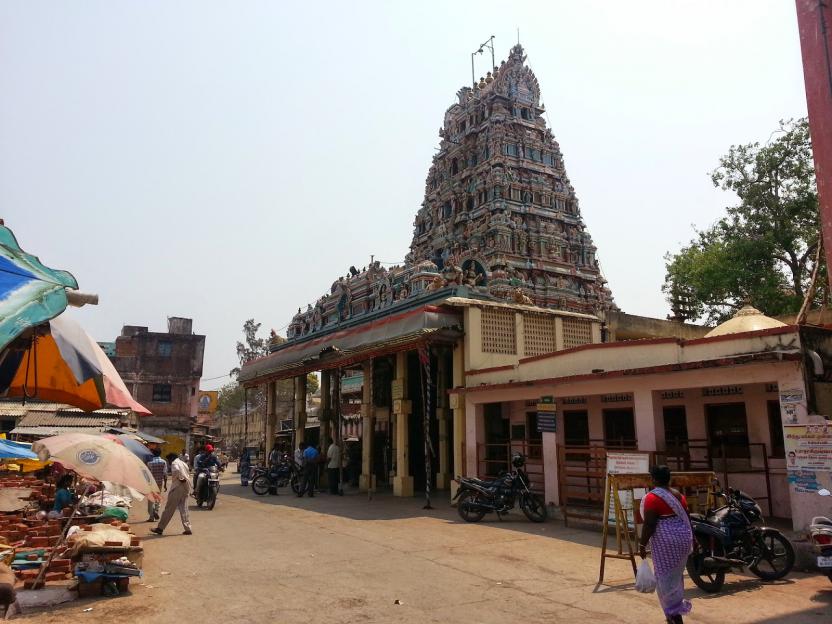The behaviours of the virus do not depend on the current ‘zone’ of public health restrictions. And, to be perfectly candid, neither should ours. (2/14)
THIS IS A CATCHY & ATTENTION-GRABBING TITLE
Today, the Province will likely announce what zone of the reopening framework we'll shift into as of Tuesday. Whatever is announced, though, doesn't change what we need to do. Why?
Kindly read these 14 tweets & we'll tell you. (1/14)
The behaviours of the virus do not depend on the current ‘zone’ of public health restrictions. And, to be perfectly candid, neither should ours. (2/14)
Nurses, doctors, paramedics & healthcare workers have experienced things much differently than most of us. (3/14)
Business owners & hospitality workers have been on a rollercoaster of openings & closures.
Students, parents, teachers & school staff have had to adapt to going from online (4/14)
And this virus has disproportionately affected some groups more than others.
But there's the thing: while our experiences of this pandemic haven't been shared, we do have a shared goal.
And we can reach it together. (5/14)
Want to help ensure that once our local businesses reopen, they stay open? We can wear masks & physically distance. (6/14)
Helping those who are isolated or have been disproportionately affected? We must get our vaccines when our time comes. (7/14)
Between now and then, we'll be following our COVID-19 Vaccination Plan: https://t.co/WoFmxjyXHW. (8/14)
No one is perfect. In fact, other than the song Tiny Dancer, perfection doesn't exist.
Yes, some of us haven't been 100% #COVIDwise every day. (9/14)
Our actions matter. We know the lack of instant gratification is hard. (10/14)
It's about knowing our actions now will pay dividends later.
And with the new variants, we don't have a choice but to be as vigilant as we can, every day. (11/14)
If you ♥️ or RT this, do it because you're committing. Make it a sign. Your way of saying to your followers that you're on board.
And you won't be alone. (12/14)
More from Health
To start with, atheism is an unnatural self-contradicting doctrine.
Medical terminology proves that human beings are naturally pre-disposed to believe in God. Oxford scientists assert that people are "born believers".
https://t.co/kE0Fi588yn
https://t.co/OqyXcGIMJn

It should be known that atheism could never produce an intelligently-functioning society and neither ever will.
Contrastingly, Islam produced several intellectuals & polymaths, was on the forefront of scientific development, boasting 100% literacy
If the Muslim world had not existed, there literally would be no technology/achievements today.
— Starks\u262a\ufe0f\U0001f1f9\U0001f1e9 (@MegaIntelIect) January 8, 2021
Science only developed because of Islam, Europe should be grateful to Islam for civilizing their barbaric cult.
Source: The Caliph's Splendor, Pg 204-05 https://t.co/HVypO52Tpc pic.twitter.com/00jYSbaDSs
It is also scientifically proven that atheism led to lesser scientific curiosity and scientific frauds, which is also why atheists incline to pseudo-science.
Whereas, religion in general and Islam in particular boosted education.
https://t.co/19Onc84u3g

Atheists are also likely to affected by pervasive mental and developmental disorders like high-functioning autism.
Cognitive Scientists and renowned Neurologists found that more atheism is leads to greater autism.
https://t.co/zRjEyFoX3P

You May Also Like
Like company moats, your personal moat should be a competitive advantage that is not only durable—it should also compound over time.
Characteristics of a personal moat below:
I'm increasingly interested in the idea of "personal moats" in the context of careers.
— Erik Torenberg (@eriktorenberg) November 22, 2018
Moats should be:
- Hard to learn and hard to do (but perhaps easier for you)
- Skills that are rare and valuable
- Legible
- Compounding over time
- Unique to your own talents & interests https://t.co/bB3k1YcH5b
2/ Like a company moat, you want to build career capital while you sleep.
As Andrew Chen noted:
People talk about \u201cpassive income\u201d a lot but not about \u201cpassive social capital\u201d or \u201cpassive networking\u201d or \u201cpassive knowledge gaining\u201d but that\u2019s what you can architect if you have a thing and it grows over time without intensive constant effort to sustain it
— Andrew Chen (@andrewchen) November 22, 2018
3/ You don’t want to build a competitive advantage that is fleeting or that will get commoditized
Things that might get commoditized over time (some longer than
Things that look like moats but likely aren\u2019t or may fade:
— Erik Torenberg (@eriktorenberg) November 22, 2018
- Proprietary networks
- Being something other than one of the best at any tournament style-game
- Many "awards"
- Twitter followers or general reach without "respect"
- Anything that depends on information asymmetry https://t.co/abjxesVIh9
4/ Before the arrival of recorded music, what used to be scarce was the actual music itself — required an in-person artist.
After recorded music, the music itself became abundant and what became scarce was curation, distribution, and self space.
5/ Similarly, in careers, what used to be (more) scarce were things like ideas, money, and exclusive relationships.
In the internet economy, what has become scarce are things like specific knowledge, rare & valuable skills, and great reputations.


















